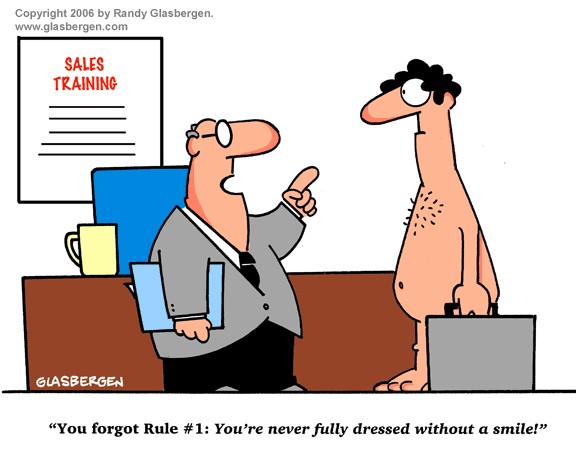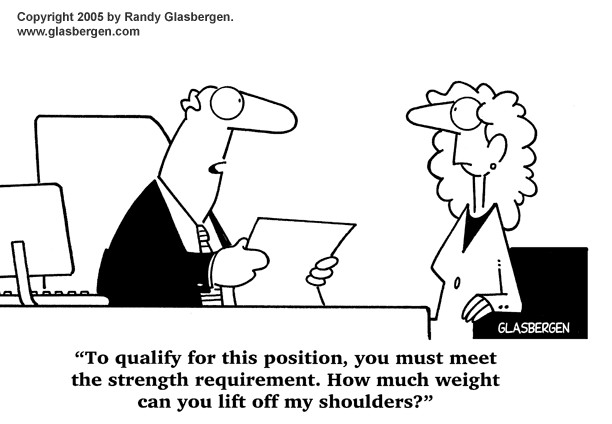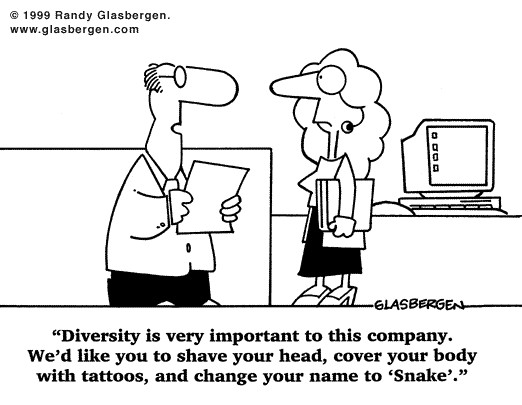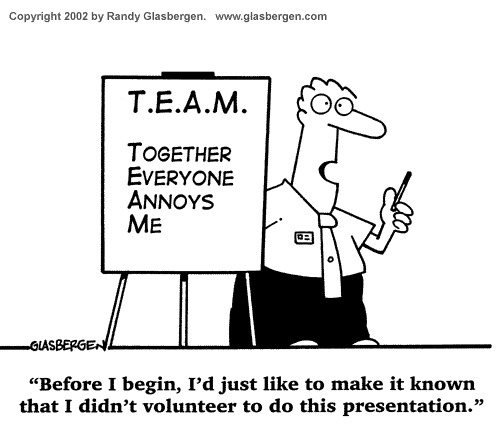The worst hiring mistake a company can make often relates a new employee being unsafe. There are too many horror stories of a new hire, on their first day, stepping off a loading platform, putting their hand in a machine where it shouldn’t go, or doing something unsafe and really stupid. In most situations, the employee is extremely careless and is an accident waiting to happen. In the worst cases, the new employee intends to get hurt, hoping to get a big worker’s comp settlement from the injury.
The cost of a major injury can be significant. A back injury that requires surgery can cost in excess of a quarter of a million dollars. There are few ways a new employee can hurt a company this much this fast.
Being safe and following the safety procedures will help prevent injuries. Most importantly, following the safety procedures should eliminate most if not all the serious risks. Procedures like lock out/tag out need to be followed without exception. Failing to follow them will eventually get a person killed.
When hiring managers interview prospective production workers, they will usually try to get an idea of the candidate’s safety record and commitment to safety. Being able to answer these questions directly and honestly will help the impression you make. If you have been involved in a safety incident in the past, you will need to be able to explain the details, and what you would do differently. You can change something that happened, but you can learn from the experience. You will need to show what you learned and how you would act differently in the future.
Interview Questions:
- Have you ever been involved in a safety incident?
- When was the last time you committed a safety violation at work?
- Describe your commitment to safety.
- Tell me about a time when you helped a co-worker correct an unsafe behavior.
- Tell me about the biggest safety hazard at your last job.
- Tell me about the safety program at your last job.
- What do you consider is most important, productivity, quality or safety?
Make sure you prepare to discuss safety in your next interview. Potential workers who show little interest or commitment to safety will get rejected quickly.



